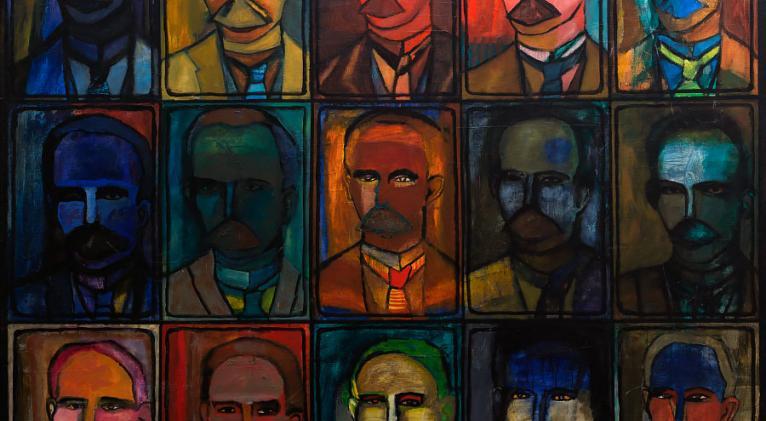Relevance of (José) Martí’s thought
especiales

The Hybrid International Colloquium "José Martí: a man of all times" comes to an end today in Havana. It was organized by the Center for Marti's Studies as part of the tributes to the Cuban National Hero for his 170th birthday.
Professionals from the social and humanistic sciences, and scholars of Martí’s thought, presented their papers at an event that, according to the organizers, turned into an open forum for all those who, from different locations and approaches, were interested in digging deeper into the life and work of the most universal of Cubans.
Something has been confirmed in the meeting: the relevance and usefulness of the José Martí’s permanent legacy. Martí continues to offer hints to understand the challenges of the present, in several aspects of an always demanding reality.
It is dangerous to assume that heritage uncritically, literally, ignoring a dialectical vision.
But there are undoubtedly essential approaches in the work of José Martí that remain absolutely valid. When it is affirmed that the project of society to which we aspire has to be necessarily a project born from Martí’s ideals, the universality of a thought is assumed, which offers ethical, theoretical, and factual grounds.
Several thematic axes were addressed in the Colloquium, and all of them highlighted the transcendence of the ideology of the Apostle of the independence of Cuba, who was also one of the greatest poets and journalists of the Cuban canon.
They discussed Martí's conceptions of education, anti-imperialism in his time and today, as well as culture and society in Martí's thought.
There were approaches to the literary work of José Martí, and his relationship with literary modernity and Hispanic letters.
Martí and the Cuban Revolution, the reception of the legacy of the National Hero in Cuba and Latin America, Martí's ideas about the press, in his time and today, as well as the philosophy, interculturalism and nature in the thought of José Martí, were other topics addressed.
Presentations were also heard on ethics and politics in José Martí, the thought of José Martí in contemporary and integrationist political and social movements in Latin America and the Caribbean, and the significance of the Martí legacy in the current conditions of Cuba, Latin America and the Caribbean.
Nearly 130 years after his death in combat, José Martí continues to be the spiritual leader and intellectual guide of the nation, the most visionary of all Cuban thinkers.
Translated by Sergio A. Paneque Díaz / CubaSí Translation Staff














Add new comment